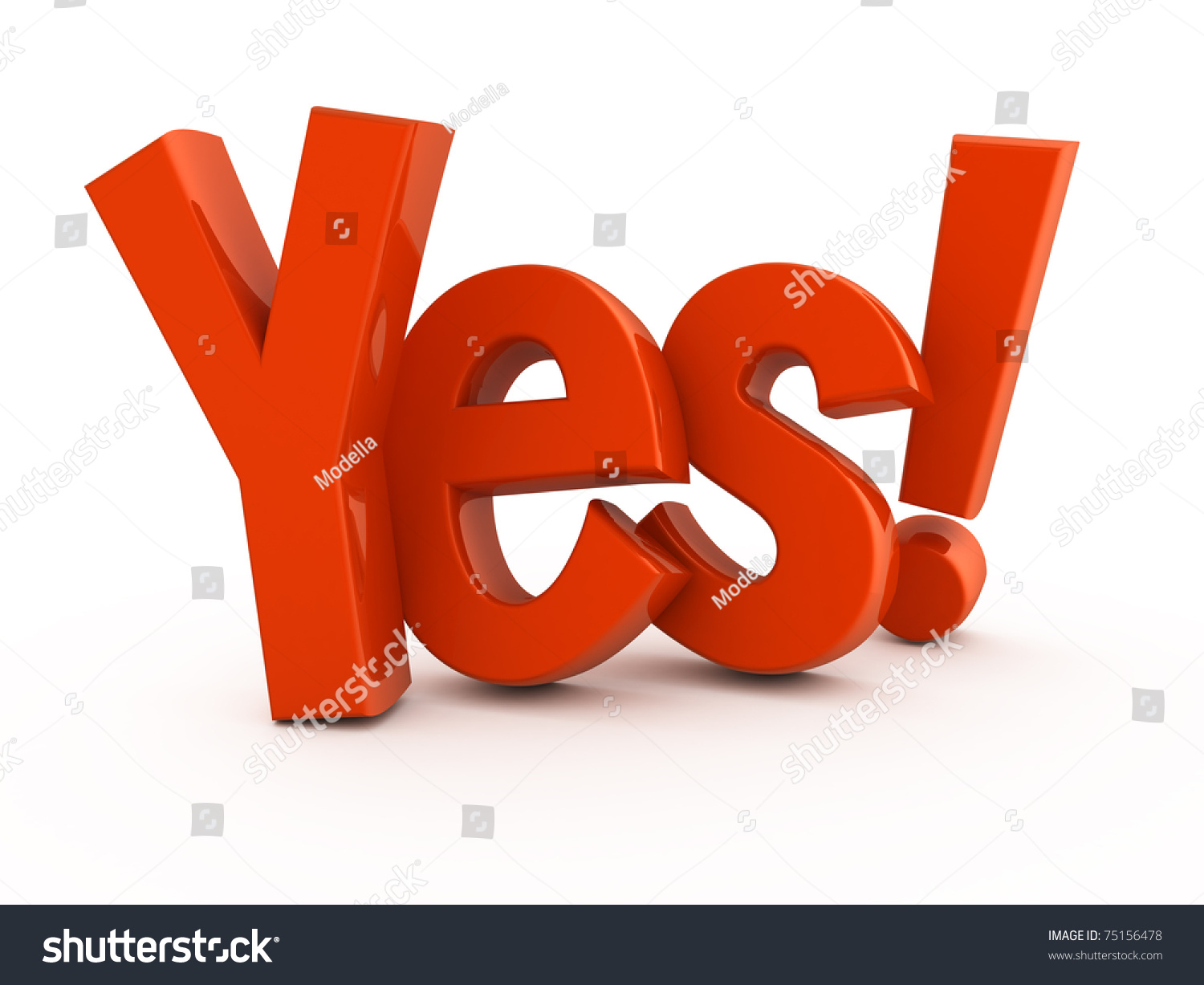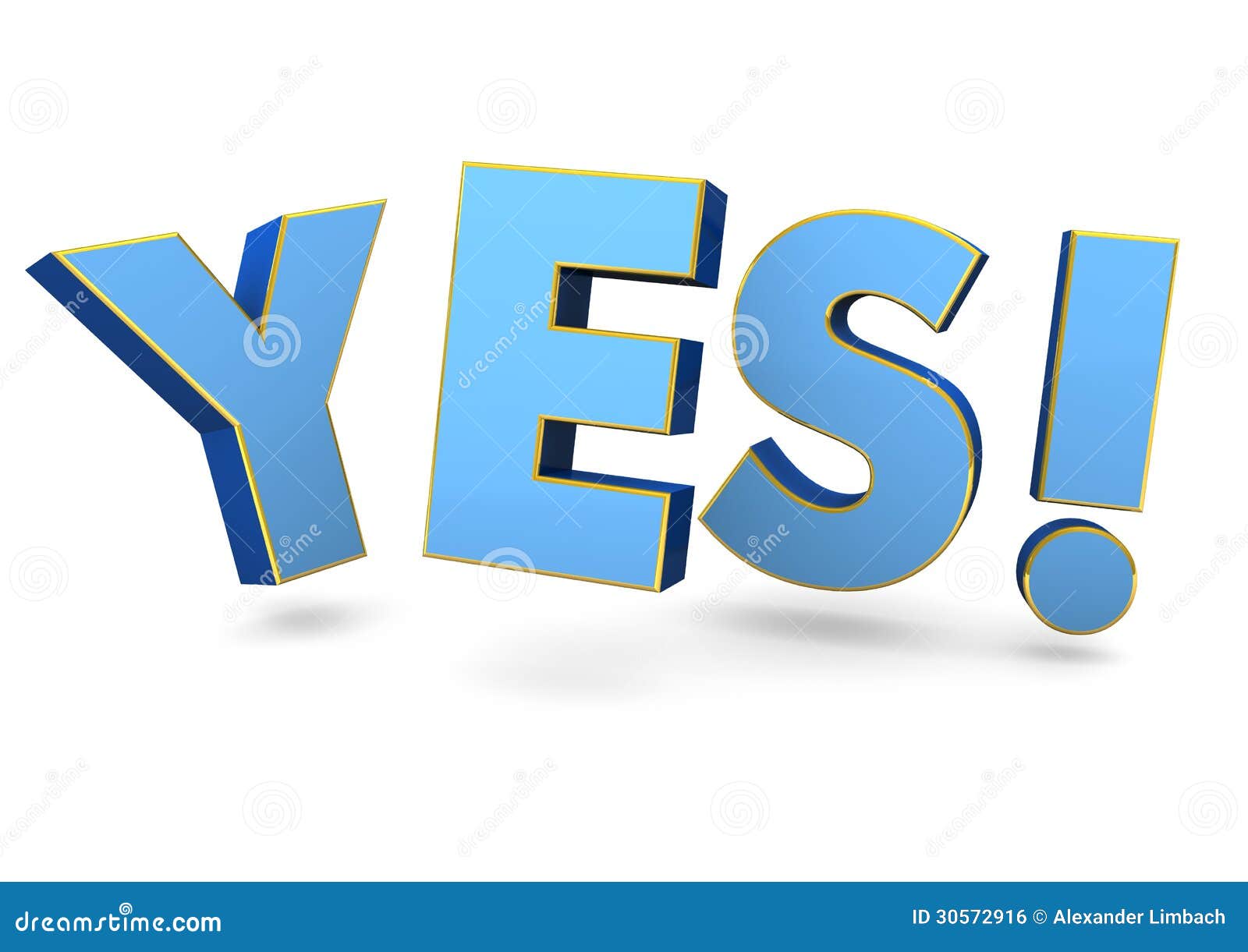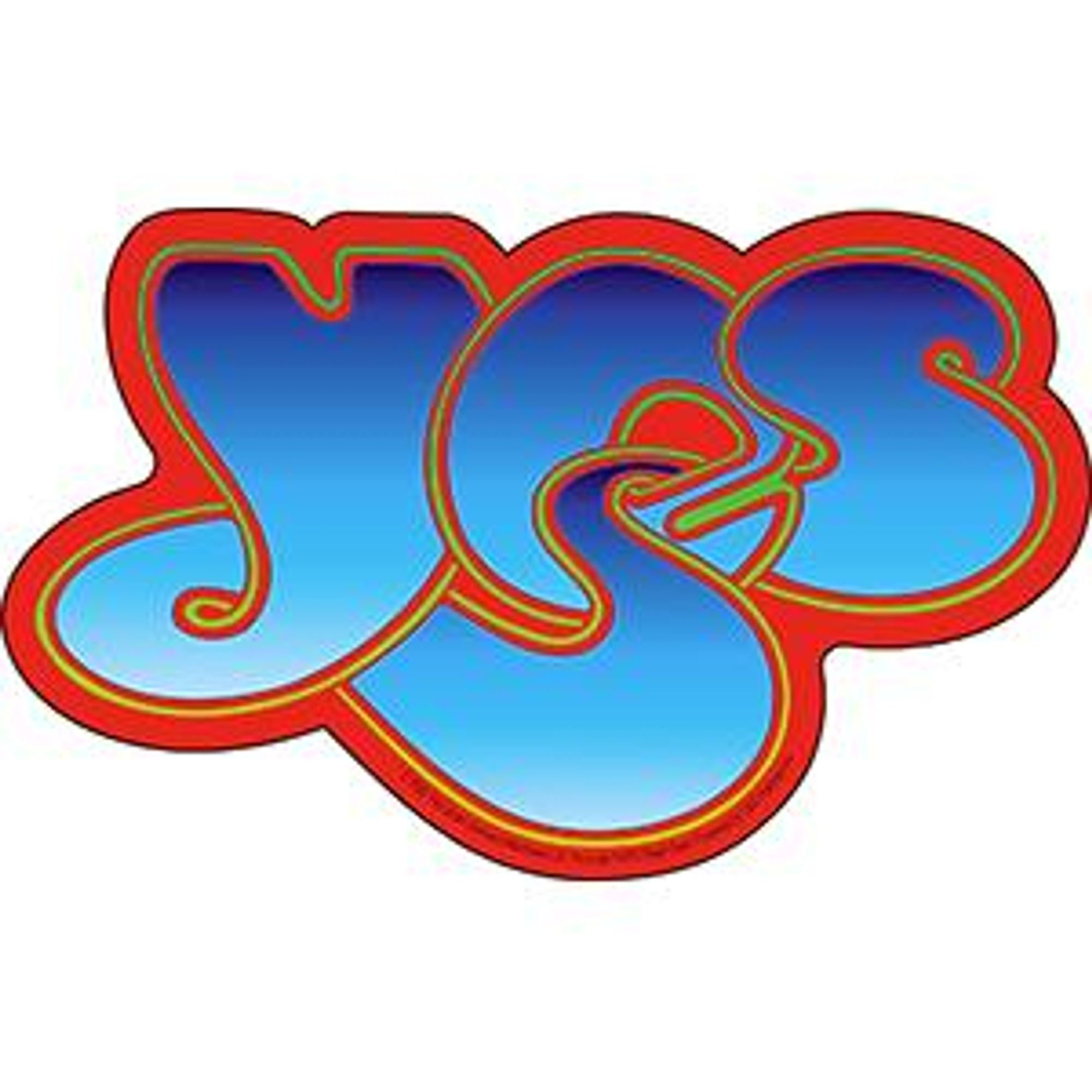Yes In France Language: Unpacking Oui, Si, And French Affirmation
Stepping into the vibrant culture of France often brings with it the delightful challenge of speaking the local tongue. Learning a few basic phrases can truly make a world of difference, opening doors to warmer interactions and richer experiences. Among these essential words, knowing how to say "yes" in France language is, quite honestly, a pretty big deal. It's more than just a simple affirmation; it's a gateway to connection, showing respect, and sometimes, it even involves a little bit of playful nuance. This guide is here to help you get comfortable with the different ways to express agreement, making your French conversations flow with greater ease and confidence, you know?
For anyone planning a visit, starting a language journey, or simply curious about French customs, understanding "yes" goes a bit deeper than just one word. There are moments when a simple "oui" works perfectly, and other times when another word, "si," becomes the correct and most natural choice. Getting these subtle differences right can genuinely improve how you communicate, allowing you to participate more fully in conversations. It's about feeling good when you speak, like when something just naturally clicks into place, rather than feeling like you're pushing too hard, in a way.
We'll explore these different ways of saying "yes," looking at their uses, meanings, and when each one feels most appropriate. This isn't just about grammar; it's about connecting with people and culture on a more personal level. We want you to feel confident in your responses, just like someone who always answers yes to opportunities and finds good things happen, you know? So, let's get ready to make your "yes" in French sound just right, allowing for genuine and positive exchanges.
- Camarones A La Diabla
- Help I Accidentally Forgot How Gravity Works
- How Did Technoblade Die
- Surrealism Dress To Impress
- Help I Accidentally Summoned Mahoraga
Table of Contents
- The Heart of French Affirmation: Oui
- The Special Case of Si
- Other Ways to Say Yes Informally
- Common Mistakes and How to Avoid Them
- The Power of Affirmation in French Culture
- Frequently Asked Questions About Yes in French
- Making Your French Yes Authentic
The Heart of French Affirmation: Oui
The word "oui" is, by far, the most common and generally recognized way to say "yes" in France language. It's the go-to word for agreement in most situations, and you'll hear it constantly in daily conversations. Think of it as your basic, all-purpose "yes" that works almost everywhere, pretty much. It's a simple, straightforward word that carries a lot of weight in French communication, and learning to use it well is your first big step.
Everyday Uses of Oui
You can use "oui" to confirm something, to agree with a statement, or to accept an offer. For example, if someone asks, "Voulez-vous du café?" (Do you want coffee?), a simple "Oui, merci" (Yes, thank you) is the perfect response. It's quite direct and polite, making it suitable for almost any social setting, you know? This versatility makes "oui" incredibly useful for travelers and language learners alike, allowing them to engage in basic exchanges right away.
It also serves to answer questions that are phrased positively. If a friend asks, "Tu viens au cinéma ce soir?" (Are you coming to the cinema tonight?), and you plan to go, then "Oui!" is exactly what you'd say. This shows you're on board and ready for the activity, and it's a very common way to express enthusiasm or simple agreement. So, for most straightforward questions, "oui" is your reliable friend, really.
- Securely Connect Remote Iot Vpc Raspberry Pi Download Windows Free
- Randy Travis Jackson Mall Investment
- How Do I Say Goodbye Lyrics
- Point Of View Skin Care
- What Does Body Count Mean
Cultural Notes on Oui
In French culture, the way you say "oui" can sometimes carry subtle meanings. A firm, clear "oui" shows strong agreement, while a softer, more drawn-out "oui" might suggest a bit of hesitation or contemplation. It's not just the word itself, but the tone and even the accompanying body language that add layers to your communication. Learning these small details can help you sound more like a native speaker, and actually connect better with people.
Sometimes, people might even repeat "oui, oui" quickly to show strong agreement or to hurry someone along, like saying "yes, yes, I get it!" This is a pretty common thing you'll notice in conversations, and it just shows how flexible this one little word can be. Paying attention to these small vocal cues can truly enhance your understanding of French interactions, making you feel more at home, in a way.
The Special Case of Si
Now, here's where things get a little bit more interesting and, arguably, a bit more challenging for learners: the word "si." While "oui" covers most "yes" situations, "si" steps in when you're specifically contradicting a negative question or a negative statement. It's a very specific kind of "yes" that doesn't have a direct, single-word equivalent in English, which is that reason it can be tricky for some, you know?
When to Choose Si Over Oui
You use "si" when someone asks you a question that implies a "no," but your answer is actually "yes." For instance, if a friend asks, "Tu n'as pas faim?" (You're not hungry?), and you *are* hungry, you would reply with "Si!" instead of "Oui." Using "oui" in this context would sound strange, almost like you're agreeing that you're *not* hungry, which is the opposite of what you mean, basically. It's a subtle but important distinction.
Another common scenario for "si" is when you want to contradict a negative statement. If someone says, "Tu ne peux pas le faire" (You can't do it), and you believe you *can*, your confident reply would be "Si!" This shows defiance and a strong affirmation against their negative assertion. It's a powerful little word that really asserts your position, actually. It's a great way to show you're not backing down, you know?
Examples to Clarify Si Usage
Let's look at a few more examples to really nail down "si." Imagine someone says, "Il ne pleut pas" (It's not raining), but you can clearly see raindrops outside. Your response would be "Si, il pleut!" (Yes, it is raining!). This corrects their statement with a firm "yes." It’s a very common usage, and you'll find it often in everyday conversations, pretty much.
Or consider this: "Tu n'es pas fatigué?" (You're not tired?). If you are, in fact, tired, you'd say "Si, je suis fatigué." This shows you're contradicting the assumption that you're *not* tired. Understanding this specific use of "si" truly makes your French sound more natural and precise. It shows a good grasp of the language's nuances, and that, arguably, makes a big difference.
Other Ways to Say Yes Informally
Beyond "oui" and "si," the French language, like any other, has a bunch of informal ways to express agreement or affirmation. These phrases add color and personality to your speech, and using them can make you sound much more like a native speaker. They're typically used in casual settings among friends or family, so it's good to know when to pull them out, you know?
Casual Affirmations and Expressions
One common informal way to say "yes" is "d'accord," which means "okay" or "agreed." If someone suggests, "On va manger à 19h?" (Shall we eat at 7 PM?), you could easily reply with "D'accord!" It's a very friendly and common way to show you're on board. This phrase is very versatile, and you'll hear it all the time, actually.
Another useful phrase is "bien sûr," meaning "of course." This conveys a stronger sense of agreement or an obvious "yes." If someone asks, "Tu peux m'aider?" (Can you help me?), and you absolutely can, "Bien sûr!" is a perfect, enthusiastic response. It shows a willingness and a certainty that's quite reassuring, and that, in some respects, is very helpful.
You might also hear "exactement" (exactly) or "tout à fait" (absolutely, completely). These are used when you strongly agree with someone's point or statement. If a friend says, "C'est une bonne idée, non?" (It's a good idea, right?), replying with "Exactement!" or "Tout à fait!" shows you're fully on the same page. These phrases really emphasize your agreement, and they are quite expressive, you know?
Body Language and Non-Verbal Cues
Just like in many cultures, body language plays a significant role in conveying "yes" in France. A simple nod of the head often accompanies "oui" or "d'accord," reinforcing your verbal affirmation. Eye contact is also important, as it shows you are engaged and sincere in your response, which is a big part of respectful communication, really.
Sometimes, a simple shrug, combined with a sound like "mouais" (a sort of noncommittal "yeah"), can even imply a reluctant "yes" or an "I guess so." While not a direct "yes," understanding these subtle cues can help you better interpret conversations. It's all part of the rich tapestry of human interaction, and paying attention to these small things can make a difference, you know?
Common Mistakes and How to Avoid Them
One of the most frequent mistakes learners make is using "oui" when "si" is actually needed. This can lead to misunderstandings, or at least some confused looks from native speakers. Remember, "si" is your go-to for contradicting a negative question or statement. Always ask yourself: Is the question negative? If my answer is "yes," then "si" is probably the word I need, you know?
Another common slip-up is translating too directly from English. We often use "yes" in English in many different ways, and sometimes those don't map perfectly to French. For example, simply repeating a verb like "I do" in English might translate to a full "oui, je le fais" in French, or even just a clear "oui." It's about getting a feel for the natural flow of French responses, and that takes a bit of practice, actually.
Also, don't be afraid to use the informal expressions when the situation calls for it. Sticking strictly to "oui" in every casual setting might make you sound a bit stiff or overly formal. Learning to sprinkle in "d'accord" or "bien sûr" will make your conversations much more natural and friendly. It's almost like finding the right tool for the job, you know? Just like fixing an Asus GPU problem by running it as administrator, sometimes the solution is in the nuance.
Finally, avoid trying to guess or force a "yes" if you're not sure. It's always better to ask for clarification, "Pouvez-vous répéter, s'il vous plaît?" (Can you repeat, please?) or "Je ne comprends pas" (I don't understand). This shows respect and a willingness to learn, and people usually appreciate that a lot. Getting the right information, like finding the real Krnl site and avoiding malware, is always better than making a mistake, you know?
The Power of Affirmation in French Culture
Saying "yes" in France language isn't just about grammar; it's about engaging with people and showing a positive outlook. There's a certain strength in being able to affirm, to agree, and to participate fully in a conversation. It's like the idea of always answering yes to opportunities, which can lead to many good things, like job offers, for example. This open approach can really change how you experience a culture, you know?
This willingness to say "yes," even to things that might seem challenging, can be a powerful personal trait. Just as someone might say "my yes is physical disabilities, but I see no reason not to say yes if it’s true," it reflects an acceptance and a determination to move forward. In language learning, this translates to embracing new phrases, even if they feel a bit awkward at first, and saying "yes" to the process of growth. It's a pretty strong way to live, actually.
When you master the nuances of "oui" and "si," you're not just learning words; you're learning how to genuinely connect. You're showing that you're present, listening, and ready to engage. This level of engagement is highly valued in French interactions, making your presence felt and your contributions meaningful. It really helps you become part of the community, even if it's just for a short while, you know?
So, the act of saying "yes" correctly, whether it's a straightforward "oui" or a corrective "si," is a small but significant step towards cultural immersion. It demonstrates respect for the language and its speakers, and it opens up avenues for more authentic and enjoyable interactions. It's a pretty fundamental part of feeling comfortable and making others feel comfortable too, in a way.
Frequently Asked Questions About Yes in French
Is "oui" always the right word for "yes" in French?
No, "oui" is the most common word for "yes," but it's not always the right one. You use "oui" for positive questions or statements. However, if you are answering "yes" to a question that was asked negatively, or if you are contradicting a negative statement, then "si" is the correct word to use. It's a pretty important distinction, you know?
What's the easiest way to remember when to use "si"?
A simple trick to remember "si" is to think of it as "yes, on the contrary" or "yes, actually." If someone asks, "You don't like cheese?" (a negative question), and you *do* like cheese, you'd say "Si!" (Yes, I do!). It basically corrects the negative assumption, and that's a good way to think about it, actually.
Are there any other informal ways to say "yes" that are commonly used?
Absolutely! Besides "oui" and "si," you'll often hear "d'accord" (okay/agreed), "bien sûr" (of course), "exactement" (exactly), and "tout à fait" (absolutely). These add flavor to your conversations and are great for casual settings. They show a bit more personality, and that, in some respects, is very nice.
Making Your French Yes Authentic
Getting comfortable with "oui," "si," and all the other ways to say "yes" in France language is a truly rewarding part of learning French. It's not about memorizing rules; it's about understanding the feeling behind the words and how they fit into conversations. The more you practice, the more natural these responses will become, pretty much. It's like any skill, it takes a bit of time and effort.
Don't be afraid to try out these different forms of affirmation in your own interactions. French speakers are generally very encouraging of learners, and they appreciate the effort you put into speaking their language correctly. Each time you use "oui" or "si" appropriately, you're building confidence and deepening your connection to the culture. It's a very positive feedback loop, you know?
Remember that language learning, like many aspects of life, is a journey of continuous discovery. There will be moments where you might hesitate, or even make a small mistake, and that's completely fine. The key is to keep engaging, keep listening, and keep saying "yes" to new learning opportunities. For more insights into French communication, you could check out a reputable French language resource, or even learn more about French phrases for travel on our site.
By embracing these nuances, you'll find your French conversations become richer, more authentic, and genuinely more enjoyable. So, go ahead, practice your "oui," perfect your "si," and confidently affirm your way through the beautiful world of French. And if you're ever curious about other aspects of French culture or language, you can always link to this page for more information, you know? Your journey to sounding more like a local is just beginning!

Yes Word 3d Letters Isolated On Stock Illustration 75156478 - Shutterstock

Yes Royalty-Free Illustration | CartoonDealer.com #30572916

Yes Logo Yes Band Logo Clipart Full Size Clipart 5486 - vrogue.co